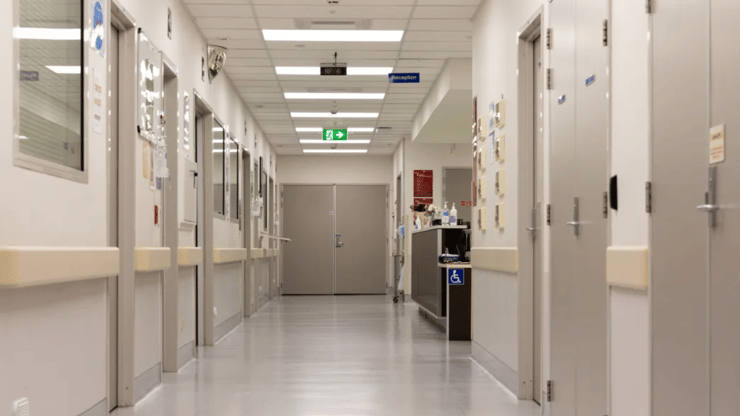Cancer Treatment & Surgery Wait Times Worsen: Report

Public hospital wait times for cancer treatment, specialist appointments and surgery all got worse in the first three months of the year, according to a new report.
Health New Zealand's quarterly performance report, which has just been released, noted nearly 77,755 patients (40.2 percent) waited longer than four months for a first specialist appointment, compared with 68,179 (36.5 percent) in the previous quarter.
The number of patients waiting for treatment longer than the four-month target increased from 39.5 percent (30,474) to 44 percent (34,428), including 2362, who had been waiting more than a year (up from 2175 in the previous quarter).
Meanwhile, the number of cancer patients treated within 31 days reduced from 85.4 percent to 81.9 percent.
There was also "significant pressure" across all mental health and addiction services, and primary and community care was also strained due to "workforce and resourcing constraints", the report said.
Te Whatu Ora chief executive Margie Apa said the agency was "strongly focused on addressing these challenges".
"This will take time but is achievable."
During the quarter, 12 new clinical networks were also established, which would play a key role in improving service effectiveness across clinical specialties, she said.
"We know how committed our people are and how hard they are working. I want to thank everyone, in Health NZ and across all of our providers, for their commitment and contribution to our progress during the quarter."
Positive progress included:
- employment of "a record number of nurses",
- re-launch of the Midwifery Return to Practice fund, to attract midwives back into this critical workforce,
- launch of a new mobile breast screening unit, improving access and convenience for people, and reducing pressure on other parts of the system,
- gearing up of the Aotearoa Immunisation Register, improving accuracy and accessibility of immunisation data (over 200,000 vaccinations recorded),
- extensive staff training in de-escalating skills.





